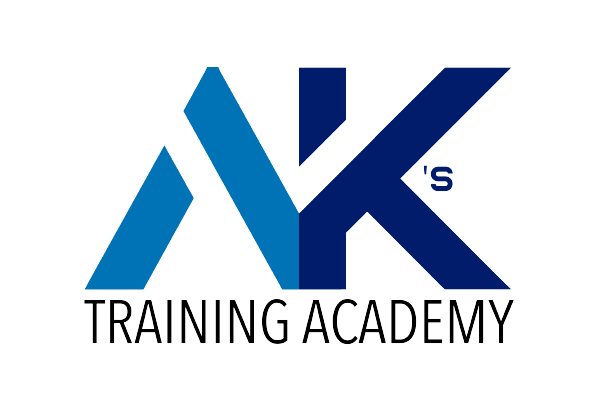
In the fast-paced world of entrepreneurship, business owners are constantly seeking ways to gain a competitive edge and drive sustainable growth. One often overlooked tool in the entrepreneur’s arsenal is the Certified Management Accountant (CMA) USA certification. While traditionally associated with finance professionals in corporate settings, the CMA certification offers a wealth of benefits for entrepreneurs looking to take their business to the next level. Let’s explore how the CMA USA certification can benefit business owners and contribute to their success.
- Financial Expertise:
Entrepreneurs wear many hats, but few are as critical as that of the finance function. As the financial stewards of their businesses, entrepreneurs must possess a solid understanding of financial concepts, budgeting, forecasting, and financial analysis. The CMA USA certification equips entrepreneurs with the financial expertise needed to make informed decisions, manage resources effectively, and optimize profitability.
- Strategic Decision-Making:
Successful entrepreneurship requires more than just number-crunching—it requires strategic vision and decision-making. The CMA USA certification goes beyond technical skills to develop critical thinking, problem-solving, and strategic planning abilities. Entrepreneurs with a CMA certification are better equipped to analyze market trends, identify growth opportunities, and formulate strategic plans to position their businesses for success.
- Cost Management:
Controlling costs is a perennial challenge for entrepreneurs, especially in the early stages of business development. The CMA USA certification emphasizes cost management techniques, variance analysis, and performance evaluation, helping entrepreneurs identify cost-saving opportunities and optimize resource allocation. By implementing effective cost management strategies, entrepreneurs can improve profitability and enhance their business’s financial health.
- Risk Management:
Entrepreneurship inherently involves risk, but successful entrepreneurs know how to mitigate and manage risk effectively. The CMA USA certification covers risk assessment, risk mitigation strategies, and internal control mechanisms, providing entrepreneurs with the tools to identify and manage risk factors that could impact their business’s success. By proactively managing risk, entrepreneurs can safeguard their business’s assets and reputation and minimize potential liabilities.
- Investor Confidence:
For entrepreneurs seeking external funding or investment, having a CMA USA certification can instill confidence in potential investors. The rigorous curriculum and global recognition of the CMA certification demonstrate a commitment to excellence, professionalism, and ethical conduct. Entrepreneurs with a CMA certification are perceived as credible and trustworthy stewards of investor capital, making them more attractive candidates for financing and partnership opportunities.
- Business Valuation and Exit Planning:
At some point, many entrepreneurs will consider exiting their business, whether through a sale, merger, or succession plan. The CMA USA certification provides entrepreneurs with the knowledge and skills to assess business value, conduct financial due diligence, and develop exit strategies. By understanding the financial aspects of business valuation and exit planning, entrepreneurs can maximize the value of their business and achieve a successful transition.
Conclusion: Unlocking Entrepreneurial Success with CMA USA
In conclusion, the Certified Management Accountant (CMA) USA certification offers myriad benefits for entrepreneurs seeking to excel in today’s competitive business landscape. From financial expertise and strategic decision-making to cost management, risk mitigation, and investor confidence, the CMA certification equips entrepreneurs with the skills and knowledge needed to drive business growth and achieve their goals. By investing in their professional development and obtaining a CMA certification, entrepreneurs can unlock new opportunities, mitigate risk, and position themselves for long-term success in entrepreneurship.
